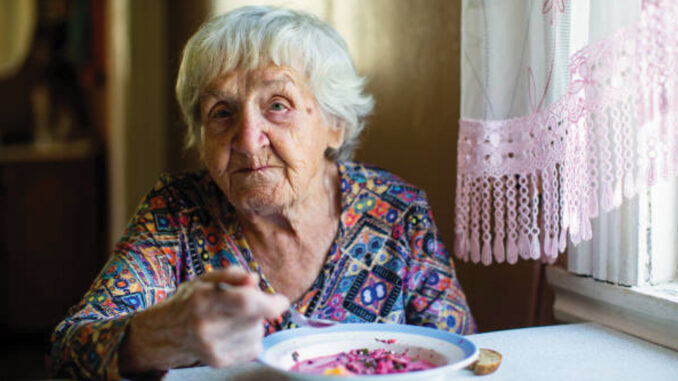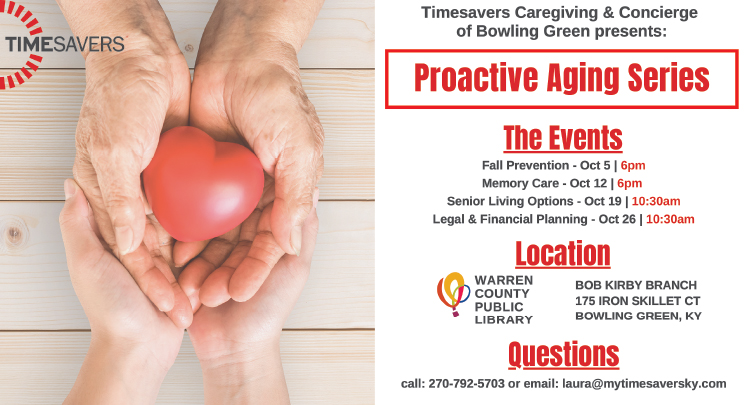
Parkinson’s is a neurological illness caused by degeneration or breaking down of cells in the nervous system. The nature of Parkinson’s Disease is progressive, meaning that it gets worse over time. To comprehend the natural progression of the disease, we should understand its five stages, as explained by the Parkinson’s Foundation.
Stage 1: Individuals experience mild symptoms that generally do not interfere with daily activities. Tremor and other movement symptoms occur on one side of the body only. They may also experience changes in posture, walking and facial expressions.
Stage 2: Symptoms are worse, including tremor, rigidity and other movement impacts on both sides of the body. The person is still able to live alone, but daily tasks are more difficult and take longer.
Stage 3: This is considered mid-stage. Individuals experience loss of balance and slowness of movements. While still fully independent, these symptoms significantly impair activities such as dressing and eating. Falls are also more common in stage three.
Stage 4: Symptoms are severe and limiting. Individuals may stand without help, but movement likely requires a walker. People in stage four require help with daily activities and are unable to live alone.
Stage 5: Stiffness in the legs may make it impossible to stand or walk. The person requires a wheelchair or is bedridden. Around-the-clock nursing care is needed for all activities. The person may experience hallucinations and delusions.
Signs of Parkinson’s:
In 1817, Dr. James Parkinson published “An Essay on the Shaking Palsy” describing non-motor, as well as motor symptoms of the illness that bears his name. See the link below to read the essay.
Parkinson’s is not just a movement disorder. Constipation, impaired sense of smell and dream enactment can occur years before motor symptoms of Parkinson’s. The latter, caused by a condition called REM sleep behavior disorder, is a very strong risk factor for both Parkinson’s and dementia (with a greater than 70% lifetime risk).
Living with Parkinson’s
Depending on the severity, life can look very different for a person coping with Parkinson’s Disease. In addition to movement issues, Parkinson’s Disease can cause a wide variety of symptoms including drooling, constipation, low blood pressure when standing up, voice problems, depression, anxiety, sleep problems, hallucinations and dementia. Therefore, regular visits with a neurologist experienced with Parkinson’s are important to make sure the diagnosis is on target, and the symptoms are monitored and addressed. Maintaining a healthy diet and getting regular exercise can help improve the quality of life. Physical and speech therapists are great additions to the care team for such clients.
Preparing for your role as Caregiver
Your role as a caregiver will change as your loved one’s disease progresses. People with late-stage Parkinson’s Disease (PD) need more assistance with everyday activities than those in the early stages of the disease. Learn about the disease and how it progresses to create a plan for care, including what outside assistance you may need and when. While learning about PD, remember that each person has their own unique experience, and not everyone experiences every symptom. Finding a trusted company that can help you navigate the continuum of care that is required as the disease progresses can be a huge support for the caregiver and their loved one.
Facing Challenges
There are a variety of challenges caregivers face, including financial, health and emotional. The caregiver is often the health care advocate for their loved one, manages medications and scheduling, and assists with daily care, like hygiene and getting dressed. In addition, the caregiver provides emotional support for their loved one, as they deal with living with a chronic, progressive disease.
Care for the Caregiver
Research has shown that as PD progresses, the strain on the care partner or caregiver also increases. While the caregiver is generally focused on providing assistance and support to the person with PD, the caregiver also needs support. Taking time away from caregiving duties, maintaining social connections and asking for help from others are important steps to help the caregiver cope with their additional responsibilities and stress. At Timesavers, we partner with families to provide support for everyone involved, options to care for the person with PD and also provide respite for the family caregiver.
-by Sarah Barker




